8 Easy Minimalist Habits to Help You Save More Money

One of the reasons why I wanted to develop minimalist habits was because the idea of living simply with less sounded attractive to me. This helped me to become more intentional in all aspects of my life, including my finances. Over time, I noticed that I was cutting back on my impulse purchases, mindless spending, and overconsumption.
Here are eight minimalist habits that can help you to save money.
1. Determine your need
Having a budget, frequently checking our statements, being more organized, and determining our priorities can help us restructure how we spend. It's not about obsessing over every little penny but more about being careful so we can spend money on things we truly value.
2. Sell what you don't need
I made a whole video on the benefits of decluttering and how we should implement this as part of our routine. But what happens to all the things after we declutter?
Instead of throwing away everything, I like to go through the items and see which ones I can sell first. It's always a win-win situation because I can eliminate all the clutter in my home while making some money back from these unwanted items.
3. Make a meal plan
One of the core principles of minimalism is to simplify all areas of our lives, and I think we can also bring this concept into the kitchen.
Meal planning has been a game changer for us. It saves us so much money from eating out and also produce going bad and the decision fatigue of always wondering what we're going to eat.
Of course, we all want to eat healthier and more home-cooked meals, but our busy schedules can prevent this. By selecting our recipes, we can shop, prepare, and cook our meals and have them ready for us at any time so that we don't get bored with the same meals.
I'll batch-cook two or three meals and freeze some, so we need to heat it when we come home from a long day. This way, we're not constantly tempted to spend money by eating out or gravitating towards junk food.
4. Enjoy simplicity
We can take the concept of simplicity and bring it into our homes. I always searched for the perfect decor item or a painting or vase that would fit perfectly into my space. I realized that I didn't find any value in these items because when I started to declutter, these were the first items in the donate or sell pile.
More than ever, I'm learning how to appreciate the empty spaces in my home instead of trying to fill every room with something for simple decor.
I've been propagating plants for my cuttings, and it's easy to work with what I already have. It's a great way to add life and green into my space without spending money on other decor items.
5. Repair and take care
Minimalism is all about living with less, and I think that also includes eliminating unnecessary expenses. Repairing something might be more effort and time than just purchasing something to replace it, but it pays off in the long run.
Surprisingly, so many things are simple to fix, and now we have the power of the internet to help us fix pretty much anything. If you can't do it, it might be a good chance to look up different services in your community.
Get to know your local tailor, cobbler, handyman, and electronic technician. Yes, you'll have to pay the service fee, but it will most likely be a fraction of the cost of the brand-new item if you were to replace it.
6. Research
One way that has saved me a lot of money is to take the time and research ahead. I found that the more informed and organized I am, the less likely I'm able to make impulse purchases.
I notice that I have fewer regrets about my decisions, and I cut down my impulse buying habits by taking a little extra time to research. It allows me to ask myself if it's worth the cost.
What will be the cost of use? Will I get enough value out of it? Is it something I want to take care of? Is it worth taking up the space in my home? After going through these questions, I can filter out the things I need to purchase, and sometimes I'll decide not to buy them.
7. Shop secondhand
Shopping secondhand is second nature to me. Now, before I buy anything, I'll look at secondhand stores, thrift stores, and garage sales to see if I can buy secondhand first.
If it's only going to be used once or twice, we can borrow it from our friends, families, and neighbors or look into renting it if we can get the same value out of the item. I don't think buying a brand new one at market price is necessary when people are also trying to get rid of that item.
8. Remove temptations
My mailbox and inbox were always filled with promotions, coupons, discounts, and unsolicited advertisements. This can feel overwhelming and exhausting, not to mention tempting to want to spend money on that good deal that you are always missing out on.
I highly suggest taking an afternoon to unsubscribe from all companies' newsletters and email promotions. If you want to stop getting unsolicited mail, emails, and phone calls, you can opt out of receiving them.
Easy minimalist habits
These are the eight minimalist habits that can help you to save money. The best thing about them is those little simple adjustments in our day-to-day, and you will be able to see the effects in the long term. Which of the minimalist habits have you adopted? Comment below to share where you are on your journey.
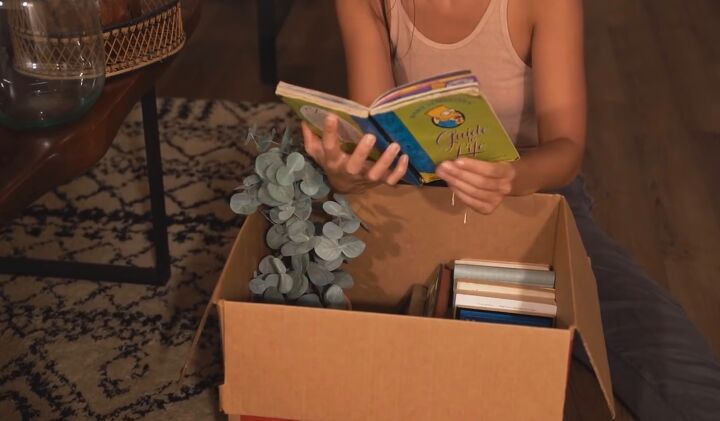







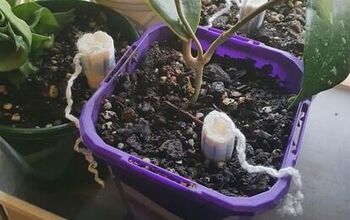

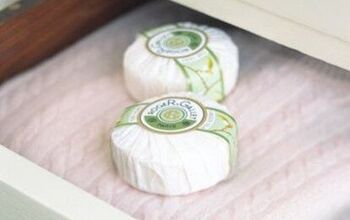



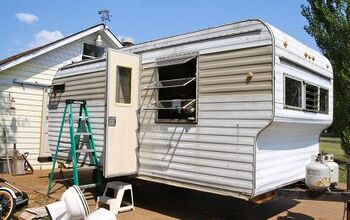

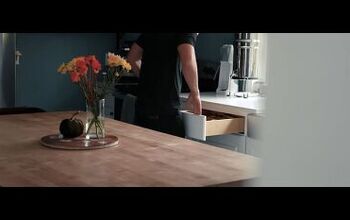
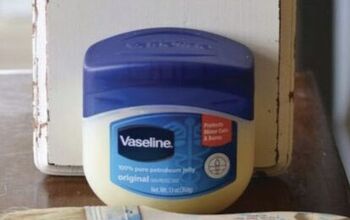


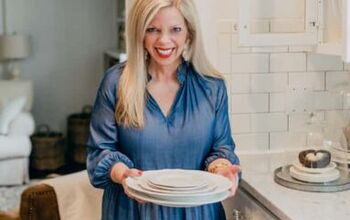




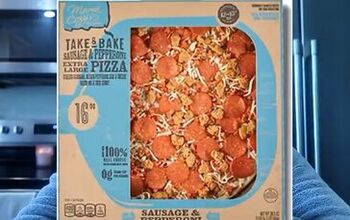
Comments
Join the conversation
I use the crockpot a lot now, especially in summer so as not to heat up the kitchen. You can make big batches to freeze or share.
When shopping, I ask myself if I need it or just want it and that determines my purchase.